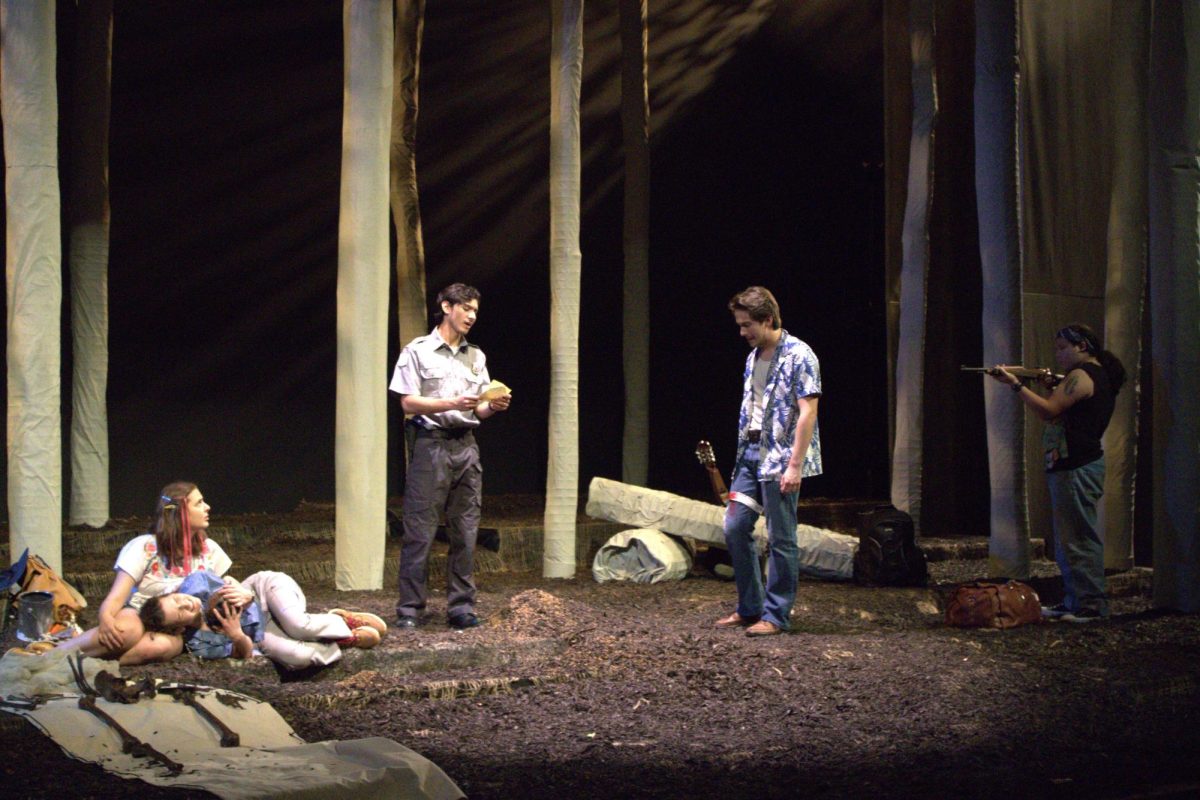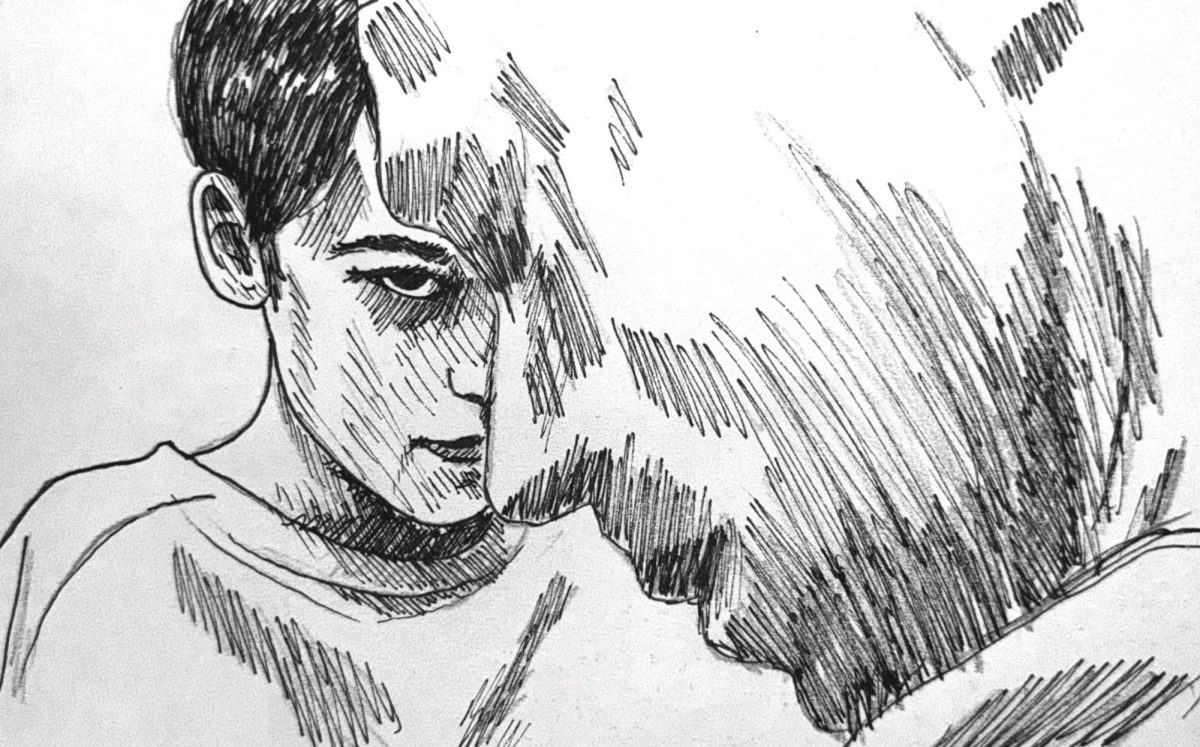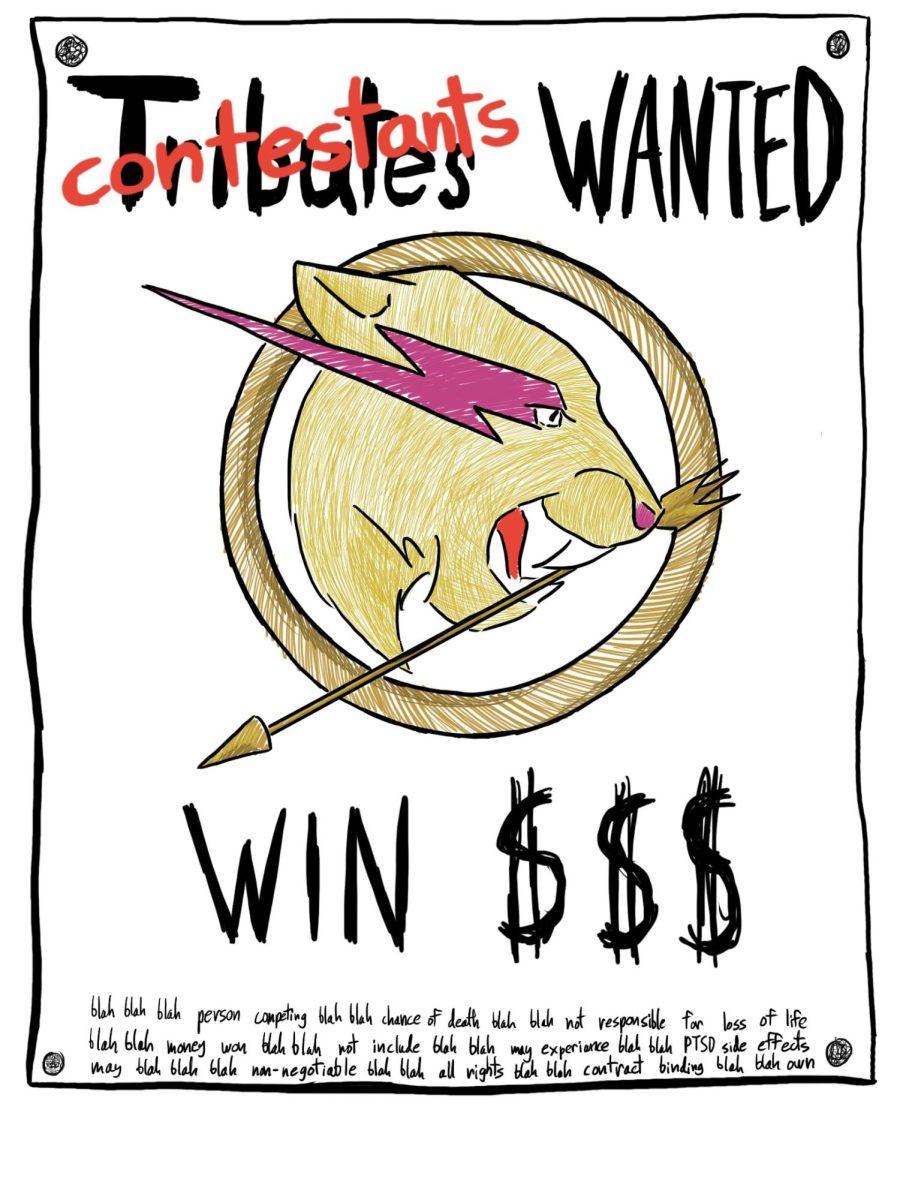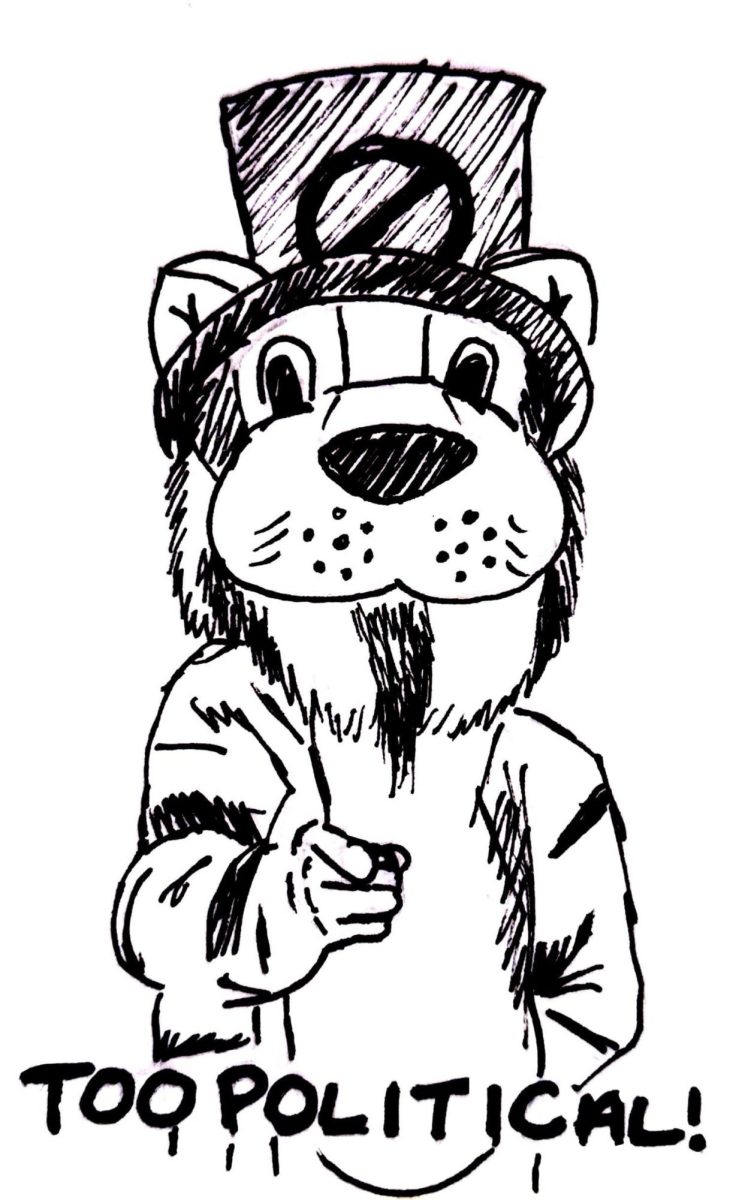Todd Phillips’ “Joker: Folie à Deux” is a jukebox musical, psychological-thriller and sequel to the Oscar-winning 2019 film “Joker.” The story follows Arthur Fleck (with Joaquin Phoenix returning to his Oscar-winning role) struggling with his dual identity while being incarcerated after the first film’s events. In prison, he meets and falls in love with Harleen “Lee” Quinzel (played by Oscar-winner Lady Gaga, “A Star is Born”), who guides him during his ongoing murder trial — also, they sing now. This DC Comics-inspired film also stars Brendan Gleeson (“The Banshees of Inisherin”), Catherine Keener (“Get Out”), Harry Lawtey (“Industry”), Zazie Beetz (“Atlanta”) and Steve Coogan (“Philomena”).
I enjoyed “Joker” for Phoenix’s excellent performance and Hildur Guðnadóttir’s Oscar-winning score. However, its screenplay lacks the depth required when dealing with mental illness, and class issues really dragged it down for me. “Folie à Deux” is essentially more of the same. Granted, it is more ambitious than the original, and I respect some of its creative swings, but none of them come together in a way that worked for me.
One of the best elements of “Folie à Deux” is the cinematography from Lawrence Sher, returning director of photography. While it isn’t particularly groundbreaking, I do think that this is a nice-looking movie overall, and there is some solid camera movement.
This film is almost entirely carried by its performances, and most of them are great. Phoenix once again delivers a layered performance, even if he doesn’t quite reach the heights of the first film. Gaga is also solid as this iteration of Harley Quinn, even if her talents aren’t necessarily put to use as much as they could have been. The best performance is probably from Gleeson, who plays a sadistic prison guard in a supporting role. Not only does he make his character feel more complex than he actually is, but his performance continues to demonstrate how talented Gleeson is as a character actor.
Before I criticize this film’s screenplay, there are some interesting ideas here that could have made for a fantastic story. “Folie à Deux” being a musical and a courtroom drama could have worked if done correctly. The same can be said about the divisive ending and deviation from the comics. Phillips and co-writer Scott Silver had all the ingredients for a subversive and well-crafted film, but they apparently aren’t all that good at cooking.
As it stands, the script does not work, and the structure and length are particularly bad. This film has a runtime of 2 hours and 18 minutes, and it really didn’t have to be this long. Many scenes either follow Arthur talking/singing about how in love with Lee he is or just serve to remind audiences of “Joker.” The musical sequences are not as good as they could have been, partially because this is a jukebox musical consisting primarily of covers with Guðnadóttir’s score sprinkled in for good measure. But they serve to give the audience information that they have already been told: that Arthur is in love with Lee.
I also find it strange how much Phillips tries to distance himself from the DC Comics source material, as if he was ashamed to be making a comic book movie. According to a Variety article, Phillips consulted mainly with studio/distributor Warner Bros rather than with DC Studios. If that wasn’t enough, “Folie à Deux” wasn’t produced by either of the CEOs of DC Studios, despite the first movie having an executive producer credit from the former chairman, Walter Hamada.
This level of disconnect is very evident when watching both films. My conclusion is that Phillips simply wanted to make movies about mental issues among the lower class but was unable to find funding without tying it to one of the most iconic comic book villains of all time. I completely understand this, but I would like to remind everybody that the movie is titled “Joker.” I fully believe that if you don’t want to make a film about this character, then you shouldn’t. Not only that, but I don’t understand why a studio as big as Warner Bros. would give a filmmaker $200 million just to intentionally disappoint audiences.
All in all, “Joker: Folie à Deux” is a mess of a film despite its clearly talented cast and crew. There is an excellent story somewhere in here, but you have to dig deep to find it, and I don’t think it’s worth the effort.








